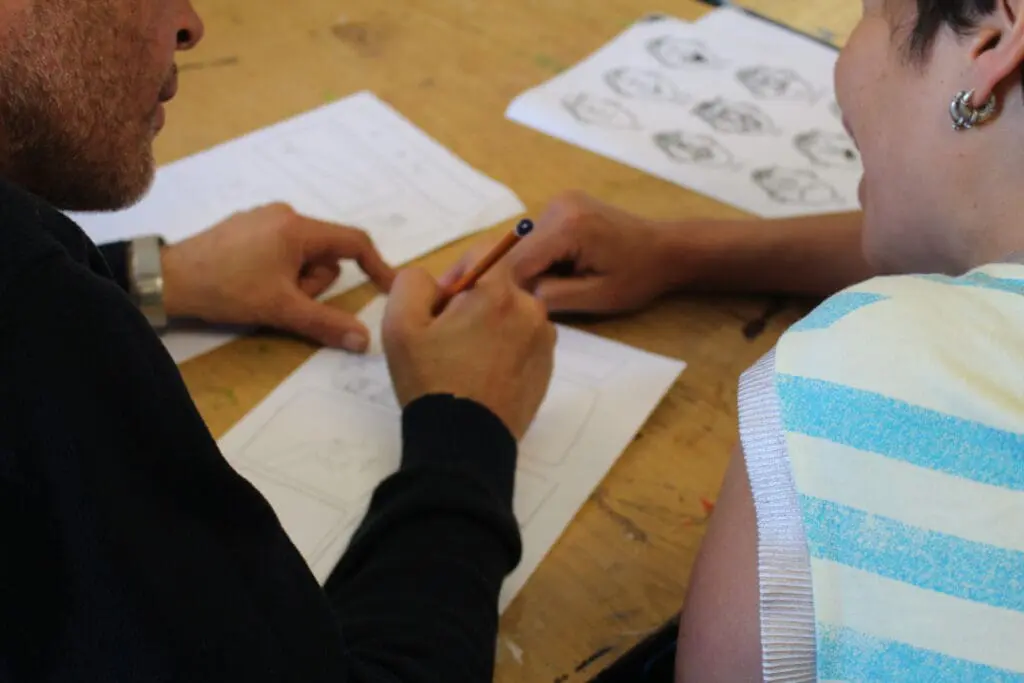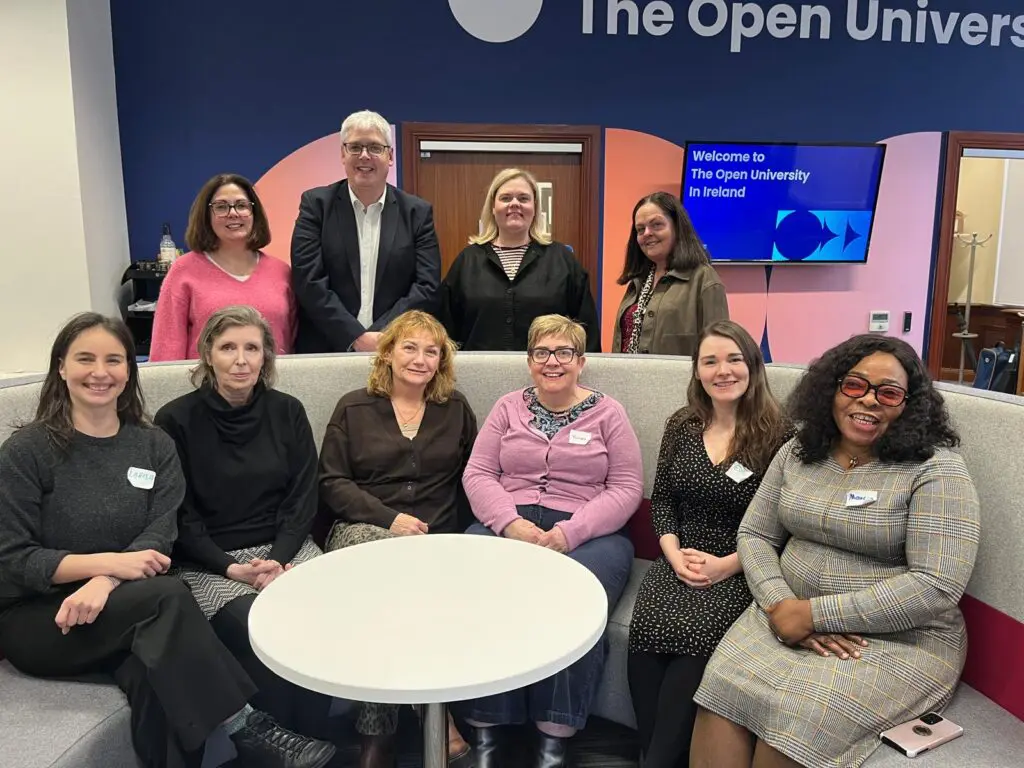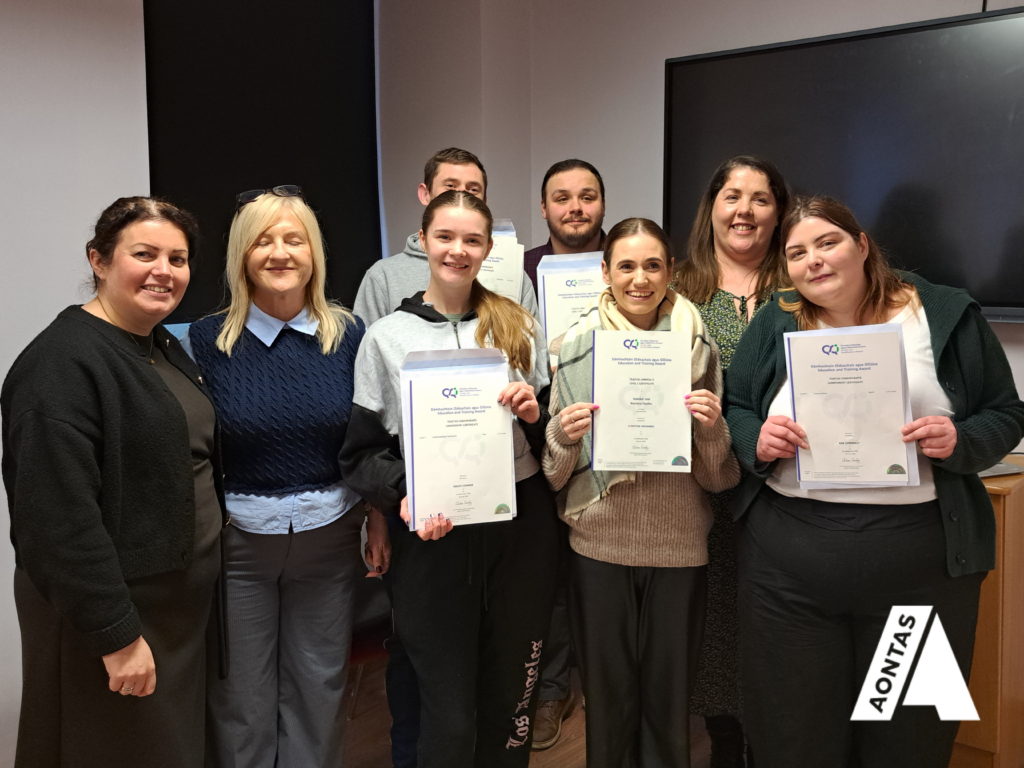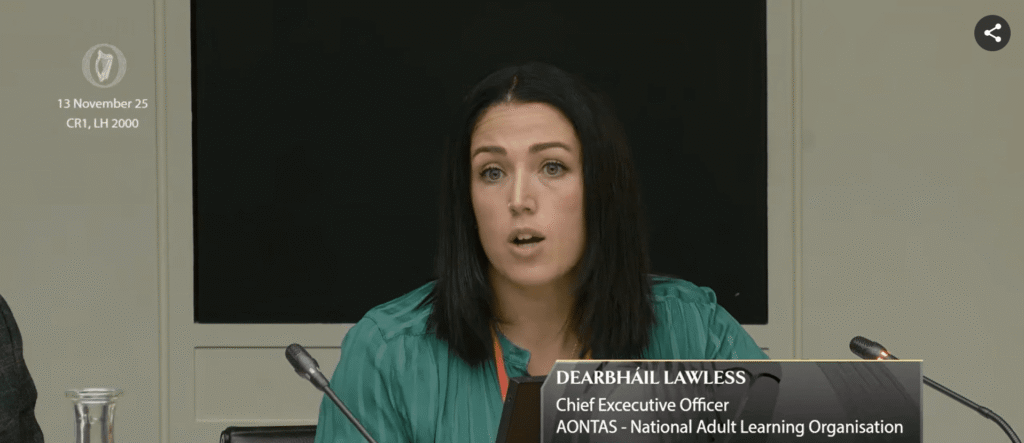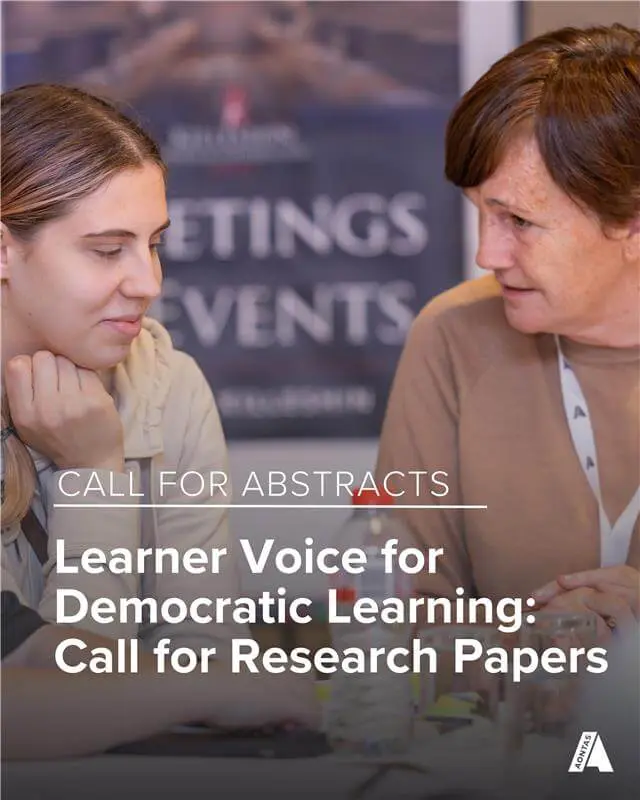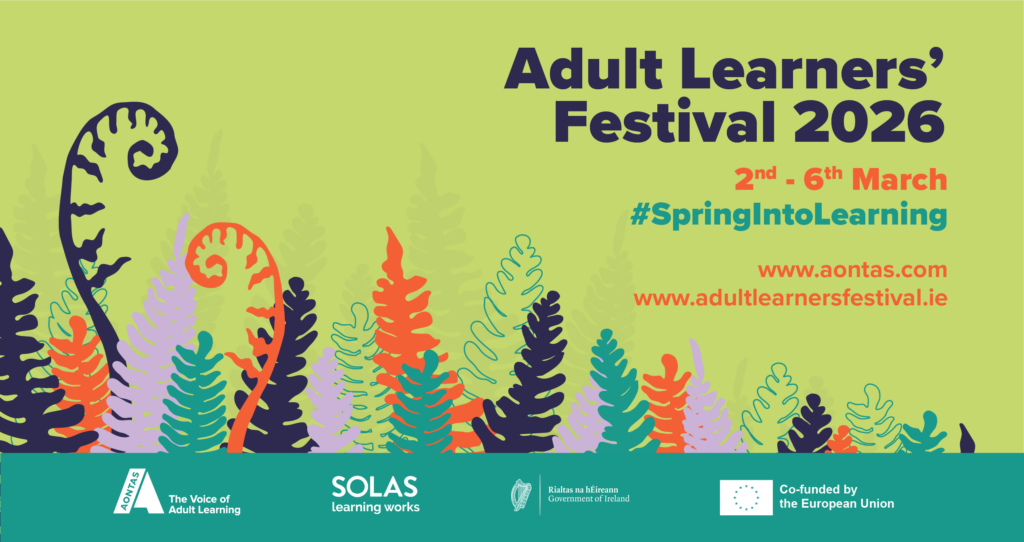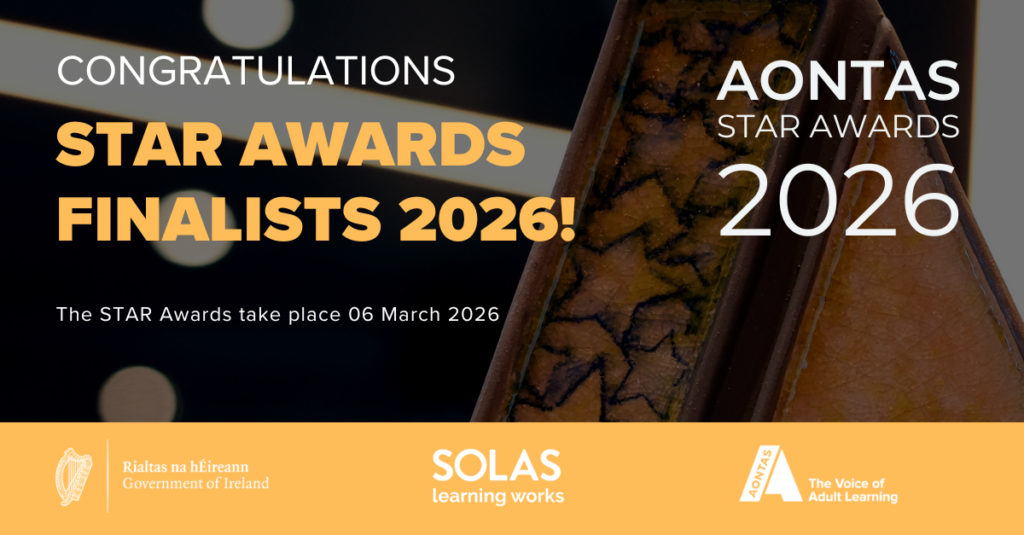Everyone should have the chance to fully participate in education and in their communities. But for people with disabilities, that often means facing extra barriers, like buildings that aren’t accessible, transport that doesn’t work for them, or support that’s hard to get.
Without the right supports in place, learners are left doing extra work just to take part, work that often goes unseen. We heard from learners with disabilities through the National FET Learner Forum — about what works, what’s missing, and what makes learning more accessible for everyone.
In this blog, we share what learners told us, and why making learning more inclusive matters.
Disability in Ireland
One in five people have a disability in Ireland. Ireland currently ranks 18th in the EU for disability poverty, with a rate of 30% (Eurostat 2025). Ireland’s disability employment rate of 32.6% is almost 20% lower than the EU average (CSO 2024). These figures aren’t just statistics; they point to real barriers in access, opportunity, and visibility.
Educational attainment levels of people with disabilities are lower than the general population. The percentage of people with disabilities over 15 years of age who leave education after primary level is 14.4% – nearly double the general the general population’s rate of 7.4% (CSO 2023).
That’s why Further Education and Training matters and plays such an important role, in building connections and communities, as well as the change to continue education or employment. In 2023, 14,825 learners in FET reported experiencing at least one disability, amounting to 6.28% of all learners in FET that year (SOLAS 2024).
People with disabilities face an extra cost in their everyday lives due to navigating society with a disability. It is estimated that this additional cost of disability in Ireland amounts to between €8,700 and €12,300 annually depending on the range and severity of impairment(s) (Indecon 2021).
The United Nations Convention on the Rights of Persons with Disabilities
The UN Convention on the Rights of Persons with Disabilities (CRPD) is the most comprehensive expression of the human rights of people with disabilities. It envisions people with disabilities as active members of society, capable and entitled to access to socially valued roles, such as, worker, student, parent, friend.
That includes:
- Article 24, which recognises the right of people with disabilities to education at all levels and lifelong learning to develop their capabilities, academic ability, and social development
- Article 27, ensures the right to equal opportunity employment, including “work freely chosen or accepted” in accessible environments
- Article 28, which recognises the right to an adequate standard of living.
Invisible Work
The amount of extra work required by people with disabilities to navigate everyday life depends on the environment around them.
For example, whether buildings are accessible or if there are accessible transport options, or whether there is access to personal assistants, and financial supports for to meet their needs.
A Learner Forum participant outlined this planning in relation to participating in learning:
It’s not just about having the courage to do all of these things. There’s the fact that how am I going to get there and then when I get there, I’m going to be able to get in the door and then when I get in the door am I going to be able to use the bathroom.
When supports are missing, that work increases. The responsibility falls back on the individual, instead of being shared by society. This constitutes invisible work, the unpaid and/or unrecognised tasks that people with disabilities must carry out to participate in society (Grue 2024).
What Learners with a Disability Say
Learners with a disability highlighted the importance of supports in facilitating their participation in education. This could be through the provision of assistive technologies allowing learners to approach module content or writing assignments in ways which suit them, or the resourcing of SNAs offering one-to-one support.
They put the text to speech in my laptop … if I ever was struggling with something you just tap the top of the screen, and it will read it to you. They set up the dictation as well for the assignments that you can speak in with the laptop.
If I’m not understanding the assignments I have an SNA one-on-one. And I have like a reader and a scribe because I have exams coming up in April.
Where these supports were in place, it reduced the number of obstacles faced by learners with disabilities and the amount of work they need to do to navigate inaccessible learning practices. Being able to fully participate in learning also becomes an important way to build confidence and feel more included:
I come in every morning with a great smile on my face. Every morning, you know, it’s just brilliant. They treat me great and especially for my disability.
Without adequate supports for learning there is an undue burden on people with disabilities to find ways of overcoming that shortfall. In particular, learners highlighted a lack of building accessibility due to absent or broken lifts, steep stairs, and inadequate toilet facilities:
It’s an old building … the ground outside is uneven. [Facilitator] So, you could trip? [Learner] Easily … [and] it’s not great for wheelchairs.
There’s no lifts …. There’s only two sets of stairs.
There is a disabled toilet upstairs and then the lift hasn’t been working there for the past two weeks.
Supports which are not comprehensive can create obstacles for learners with disabilities who may fall outside existing criteria for accessing them:
In our course, learner support is for those who are under 25, but because I’m 27, I couldn’t get it.
Conclusion
When learners with disabilities have access to the right supports, they can thrive in education, in work, and in society. Participation in learning provides access to socially valued roles, enhances the visibility of people with disabilities, and drives toward equality and inclusion.
Truly listening to people with disabilities is the starting point for developing the comprehensive supports necessary to remove obstacles and foster social participation in line with the CRPD.
We’ll continue to explore these experiences and build the case for change in our Learner Voices Across Ireland report, coming this October.
